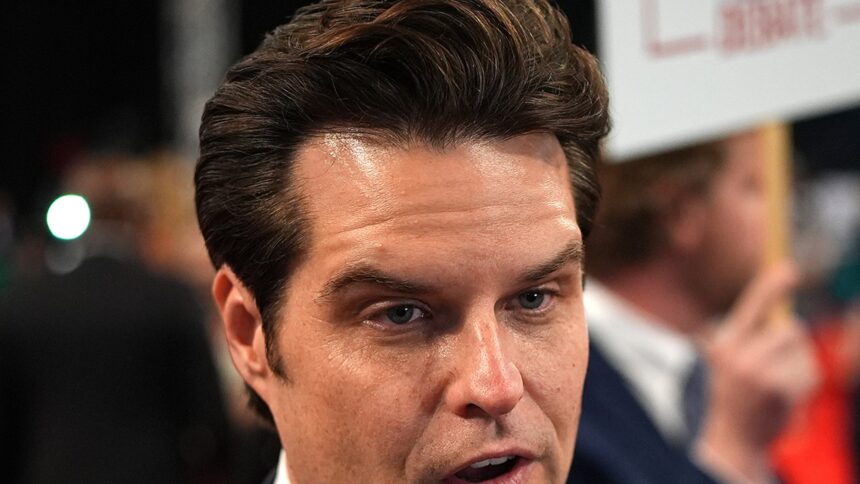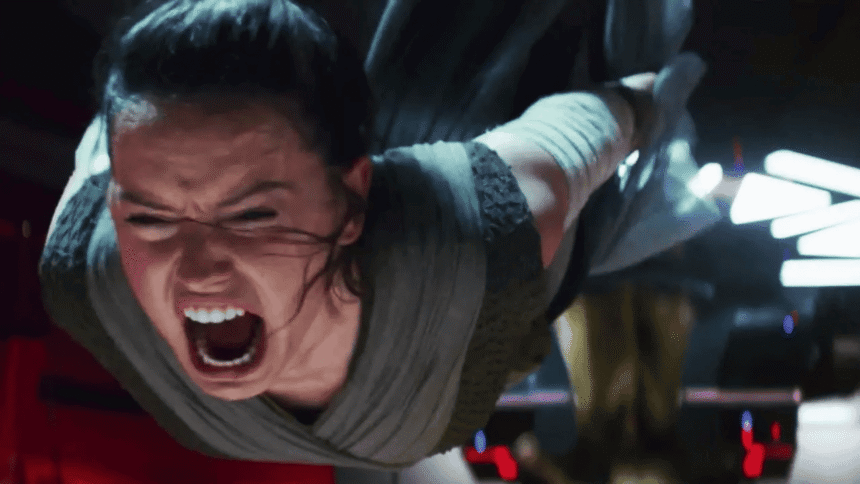By Chris Snellgrove
| Published
Since Disney owns both franchises, it has been nearly impossible to avoid comparing Marvel and Star Wars. Historically, these comparisons have favored Marvel: the MCU built organically and entertainingly to Avengers: Endgame, while the Star Wars sequels flailed, each one seemingly going in a completely different direction. With the box office failure of The Fantastic Four: First Steps, Marvel is now a flailing franchise, and the best way for Disney to save it is to copy the Star Wars model of reducing films and focusing more on smaller-scale TV shows.
While the Star Wars sequels have their defenders, nobody can deny that they had a devastating effect on the franchise. Since The Rise of Skywalker bombed in 2019, there have been no new Star Wars movies, and multiple exciting projects (like Patty Jenkins’ Rogue Squadron movie) have been canceled. Instead, Disney has focused on creating TV shows set in a galaxy far, far away. Some of them have been huge hits (like The Mandalorian and Andor), and some have been major flops (like The Acolyte).

This approach has been a mixed bag for Star Wars, which is why Ahsoka is the only live-action show in the franchise currently being produced. However, focusing more on TV shows than movies may be a winning move for Marvel. That’s because it would be relatively easy (albeit drastic) for Disney to fix the current MCU TV problems and, by extension, its future films.
Originally, Marvel had great television shows. On Netflix, Daredevil and Jessica Jones quickly became must-see TV. On ABC, Agents of S.H.I.E.L.D. did a great job capitalizing on Avengers fandom by focusing more on the good guys who fought supervillains without their own powers. And on Hulu, we were treated to Runaways, a nearly pitch-perfect adaptation of one of Marvel’s greatest comics.

The problem came when Disney got greedy: all TV shows were moved to Disney+, and new series (unlike previous ones) were expected to tie into the MCU films in a big way. At the same time, Disney dramatically increased production of both Marvel films and television shows, effectively creating the superhero fatigue phenomenon that led to movies like The Marvels and The Thunderbolts bombing. On top of that, audiences began to resent Marvel TV shows, feeling like homework for the movies, which is morbidly ironic because major shows like WandaVision and Secret Invasion ultimately had little impact on subsequent films.
So, how can the Star Wars approach save Marvel, a studio now dealing with the surprise failure of Fantastic Four? Kevin Feige has confirmed that Avengers: Secret Wars will reboot this cinematic universe, allowing the MCU to mix things up by combining new elements (like a recast Cap and Iron Man) with familiar elements (like Pedro Pascal’s Mr. Fantastic). The problem, as the failure of First Steps and Thunderbolts illustrates, is that the studio no longer knows exactly what will resonate with audiences in a post-superhero fatigue world.
However, Disney could fix this by cooling production on future Marvel movies after Secret Wars and focusing on producing TV shows instead. The purpose of these new shows would no longer be to build hype for the movies. Instead, the primary purpose of any new series would be to gauge audience interest in new characters, settings, and plots.

For example, imagine if The Fantastic Four had been introduced to the world via a Disney+ show. Had such a show (which would necessarily have a smaller budget than a major movie) bombed, Disney would have known that a feature film would flop, saving them money. Speaking of money, the production and marketing budget of a huge film would sustain the costs of several MCU shows, allowing Disney to effectively throw plenty of ideas against the wall to see what sticks.
Some shows would succeed and others wouldn’t, but it would be easier to sustain a handful of TV show flops than a summer worth of failed blockbusters (exactly what happened in 2025). Plus, Marvel focusing more on TV shows than movies might help the studio solve the same problem of superhero fatigue that they caused. Plus, the success of any breakout TV shows would give future films the most effective advertisement: positive word-of-mouth marketing.
Disney is unlikely to embrace the Star Wars approach anytime soon because far too many executives are chasing dollar signs. Still, the blunt truth is that the era of the billion-dollar superhero film is over. And every flop, from Thunderbolts to Fantastic Four, further cheapens the Marvel brand, ensuring diminishing returns on future projects. Unless Disney is willing to take drastic steps to understand what fans want, we will see the failure of Hollywood’s most successful cinematic universe as surely as if Thanos snapped it out of existence.

















